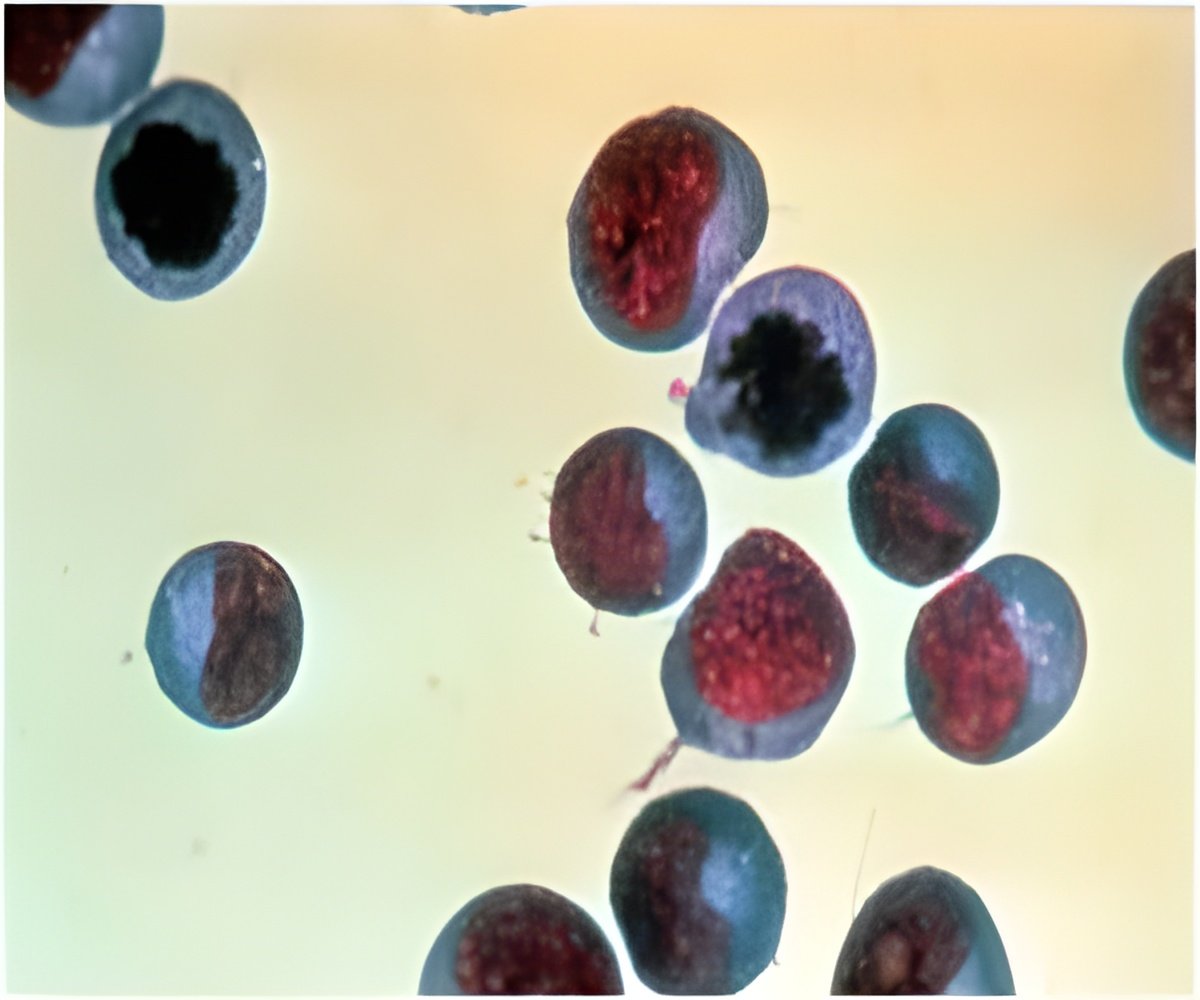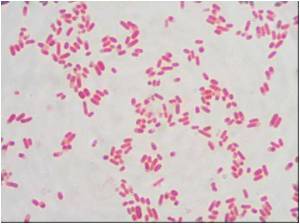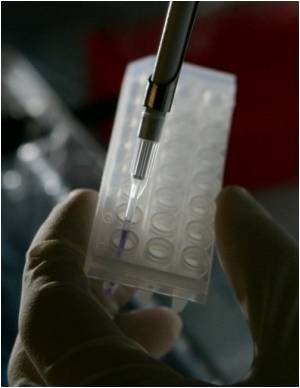A regulatory T cell that expresses three specific genes shuts down the mass production of antibodies launched by the immune system to attack invaders, a team led by scientists

"We've identified a molecular pathway that creates a specialized regulatory T cell, which suppresses the reaction of structures called germinal centers. This is where immune system T cells and B cells interact to swiftly produce large quantities of antibodies," Dong said.
The discovery of the germinal center off-switch, which comes two years after Dong and colleagues identified the mechanisms underlying a helper T cell that activates the centers, has potential implications for cancer and autoimmune diseases.
"In some types of cancer, the presence of many regulatory T cells is associated with poor prognosis," Dong said. "The theory is those cells suppress an immune system response in the tumor's microenvironment that otherwise might have attacked the cancer."
However, in B cell lymphomas, overproliferation and mutation of B cells are the problems, Dong said. Hitting the regulatory T cell off-switch might help against lymphomas and autoimmune diseases, while blocking it could permit an immune response against other cancers.
Antibody production central
Advertisement
When the adaptive immune system detects an invading bacterium or virus, B cells present a piece of the invader, an antigen, to T cells. The antigen converts a naïve T cell to a helper T cell that secretes cytokines, which help the B cells expand and differentiate into specialized antibodies to destroy the intruder.
Advertisement
Tracking down specialized T cell
In the Nature Medicine paper, Dong and colleagues found that a subgroup of regulatory T cells that expresses two genes, Bcl-6 and CXCR5, moves into germinal centers in both mice and humans, where they have access to B cells.
(Bcl-6 produces a protein called a transcription factor, which moves into the cell nucleus to regulate other genes. CXCR5 is a receptor protein for a signaling molecule called CXCL13.)
They also found that the Bcl-6/CXCR5 T cells aren't produced in the thymus, with other T cells, but are generated by regulatory T cell precursor cells that express Foxp3, another transcription factor.
Knocking out the regulatory T cells that express all three proteins in mice resulted in increased germinal center production of antibodies. They named this key T cell the T follicular regulatory cell, or Tfr.
In a 2009 paper in the journal Science, the researchers found that naïve T cells that expressed Bcl-6 and CXCR5 also gathered in the B cell zone of germinal centers. Expression of Bcl6 converted the T cell into a T follicular helper (Tfh) cell that launches antibody production in the germinal centers.
With Tfr turning germinal centers off and Tfh turning them on, we could potentially regulate antibody production, Dong noted. Increasing Tfr production could be a new approach to treating autoimmune inflammatory disorders, such as lupus and rheumatoid arthritis.
Source-Eurekalert









